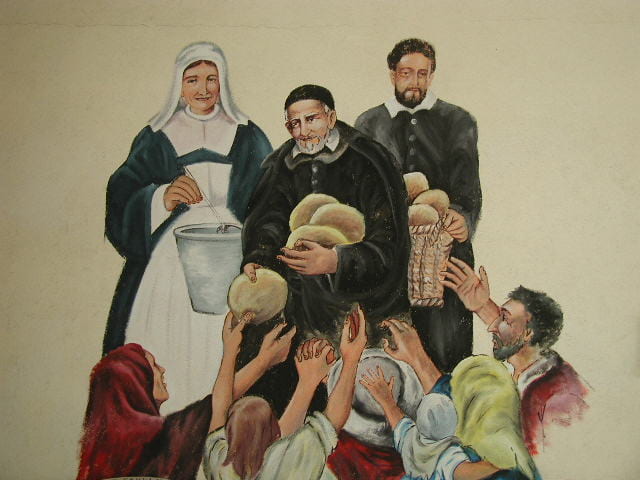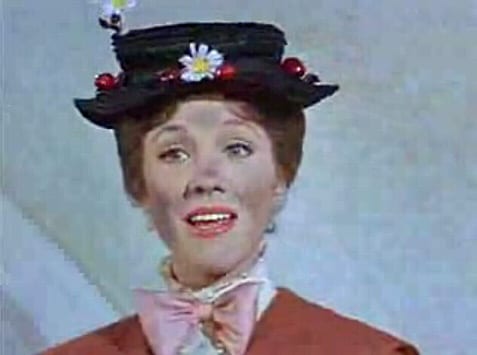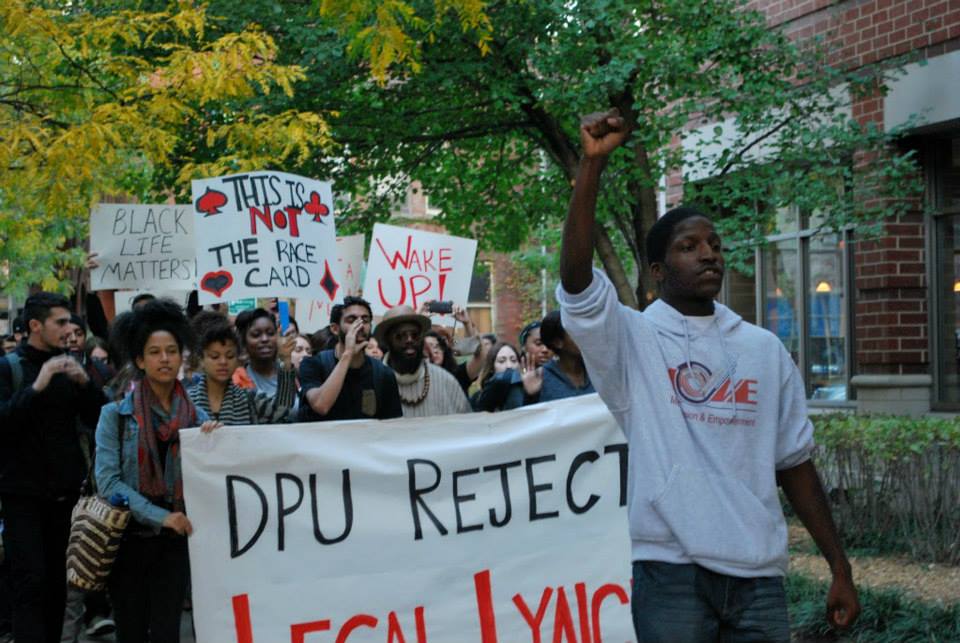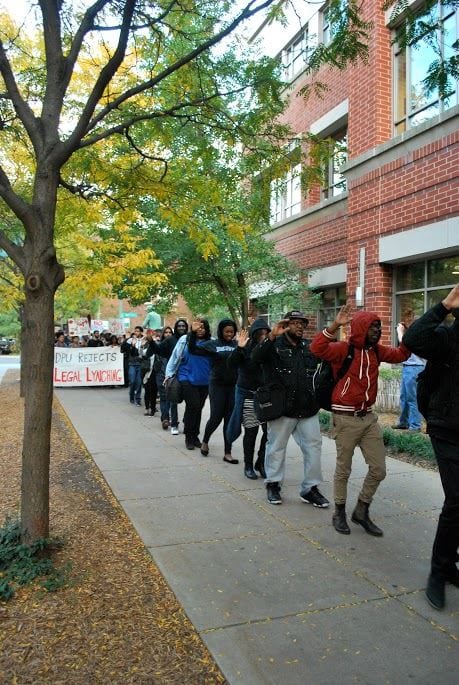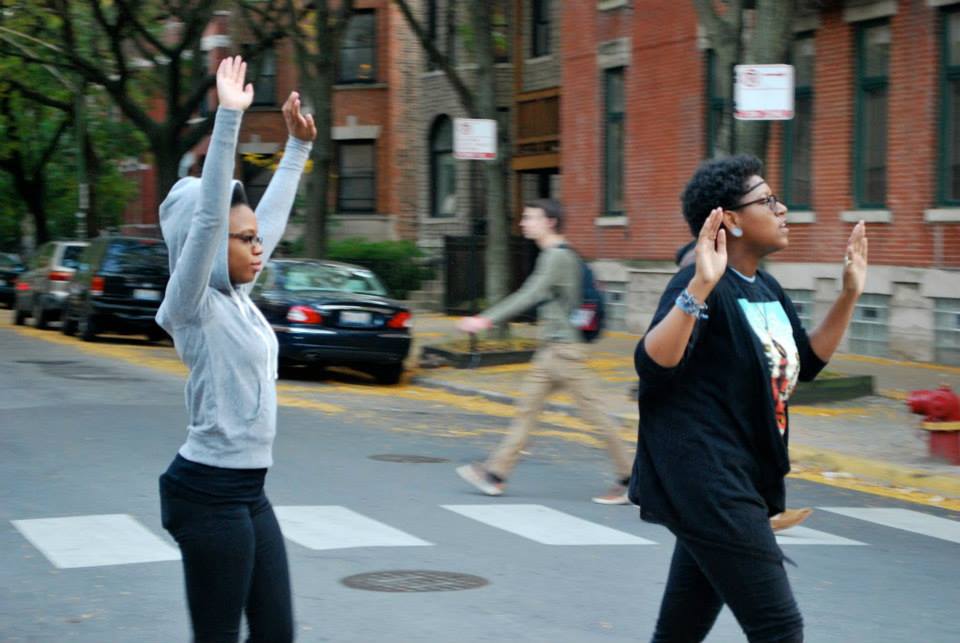Vincent de Paul’s spirituality is not a spirituality of the academy but of life. Johann Baptist Metz, a German theologian, was the first one to talk about “the spirituality of open eyes.” According to him, “the experience of God biblically inspired is not a perception uniquely related to oneself but rather a perception vividly intensified by the pain and suffering of others.”[1] This is the spirituality of Saint Vincent de Paul whose memory we are celebrating today. Vincent was a man of faith whose eyes were wide open.
Looking was what saved him. When Vincent decided to open his eyes, his humanity and the purpose of his life were redefined. This progressive conversion of our founder gradually defined his spiritual maturity. “The poor, who do not know where to go or what to do, who are suffering already and who increase daily, are my burden and my sorrow.”[2] His many experiences with the poor shook him with great force, opened his eyes, and molded his spirituality. They led him to read history as a mediation of God continually revealing His will to us.
A prominent turn in contemporary theology has involved the call for a renewed relationship between Christian spirituality, sociopolitical factors, and environmental concerns. At DePaul University we feel that this is a challenge we cannot avoid. Our understanding of Catholic and Vincentian traditions must be informed by opening our eyes to the societal challenges made plain in our university Mission Statement. Catholic Higher Education is being invited from the heart of the Catholic Church to become an effective tool for social transformation, social mobility, sustainability, nonviolence, racial equity, and justice.[3]
“Since its founding in 1898, DePaul University has remained dedicated to making education accessible to all, with special attention to including underserved and underrepresented communities.”[4] Our continuous commitment is grounded in our understanding of the Vincentian Spirit, and on facing the challenges and opportunities of our contemporary world. Education is a human right currently denied to most members of our human family. It is a fundamental resource necessary for individuals and communities to thrive. Access to education and equity is an ongoing struggle, recently made evident by our concerns, our fears, and our prayers for the women of Afghanistan.
Today, I invite the DePaul community to celebrate Saint Vincent de Paul by continuing our move from memory to commitment. To embrace a spirituality of open eyes, as Vincent did, we need to dare to see, to hear, and to boldly interpret the signs of the times. This must be done personally, communally, and socially. In listening to the cries of our earth itself and the cries from across our planet of all those suffering exclusion and discrimination, we should understand that God is calling us.
HAPPY FEAST DAY DEAR DEPAUL COMMUNITY!
———
Reflection by: Fr. Guillermo Campuzano, C.M., Vice President of Mission and Ministry
Please join DePaul colleagues for the Annual Vincentian Feast Day Mass and Lunch at both campuses today, Monday September 27th at 12 Noon, in the Miraculous Medal Chapel (Loop – 1st floor Lewis building) and the St. Louise de Marillac Chapel (LPC 1st floor Student Center). Lunch to follow masses at both campuses. All are welcome!
[1] Matthew T. Eggemeier, “A Mysticism of Open Eyes: Compassion for a Suffering World and the Askesis of Contemplative Prayer,” Spiritus: A Journal of Christian Spirituality 12:1 (2012): 43-62. See: researchgate.net.
[2] Letter 1143, To Rene Almeras, Superior, In Rome, 8 October 1649, CCD, 3:492.
[3] Francis, Global Compact on Education, 15 October 2020. See: vatican.va.
[4] DePaul University Mission Statement, March 2021. See: mission statement.
